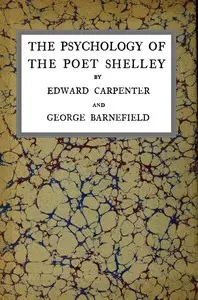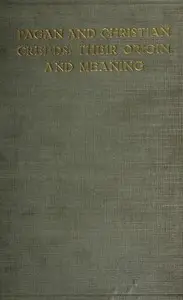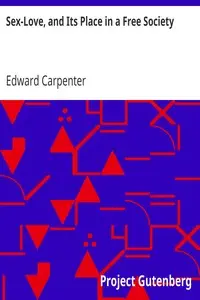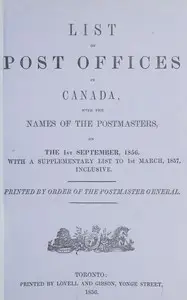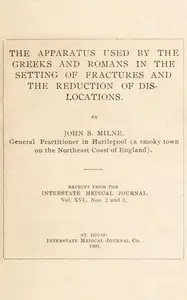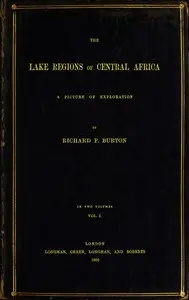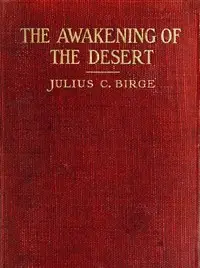"The Healing of Nations and the Hidden Sources of Their Strife" by Edward Carpenter is a socio-political analysis written during the early 20th century, specifically amidst the backdrop of World War I. The book examines the myriad causes of conflict among nations, particularly focusing on the relationships and tensions between Germany and England, while delving into broader themes of class conflict and human suffering as instigators of war. Carpenter offers a critical exploration of how warring classes, rather than the populace, drive nations into warfare, emphasizing a need for healing and understanding to prevent further strife. The opening of the book introduces the complexities and contradictions inherent in political discourse, particularly concerning war. Carpenter reflects on the confusion surrounding the reasons for the war, highlighting how much of the conflict stems from very human impulses of ambition and group interests within dominant classes. He describes the psychological backdrop of war—tracing the roots of militarism, commercial interests, and the role of political ignorance in both Germany and Britain. The author discusses the often-misunderstood nature of nations as merely reflections of their warring classes, suggesting that true progress and healing can only be achieved when the masses awaken to their collective power and the deception of elite agendas. (This is an automatically generated summary.)
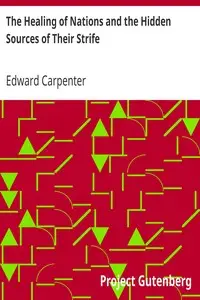
The Healing of Nations and the Hidden Sources of Their Strife
By Edward Carpenter
"The Healing of Nations and the Hidden Sources of Their Strife" by Edward Carpenter is a socio-political analysis written during the early 20th centur...
Genres
Released
2003-11-01
Formats
epub3 (images)
epub (images)
epub
mobi (images)
mobi
Free Download
Overview
About the Author
Edward Carpenter was an English utopian socialist, poet, philosopher, anthologist, an early activist for gay rights and prison reform whilst advocating vegetarianism and taking a stance against vivisection. As a philosopher, he was particularly known for his publication of Civilisation: Its Cause and Cure. Here, he described civilisation as a form of disease through which human societies pass.
Total Reviews
10.0k
Total reviews from Goodreads may change

